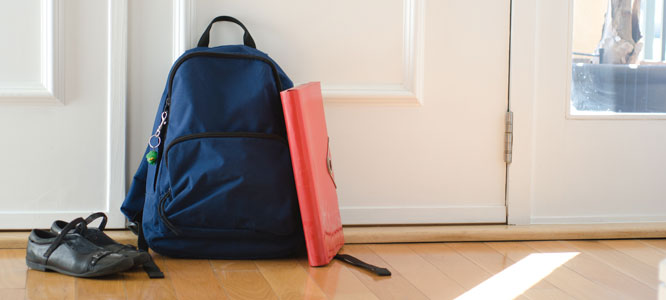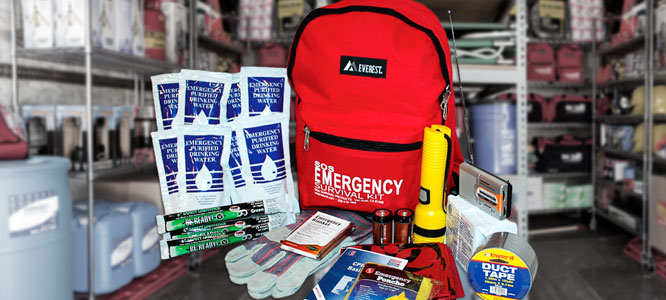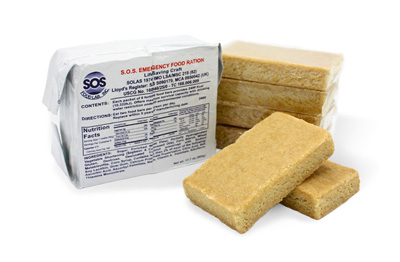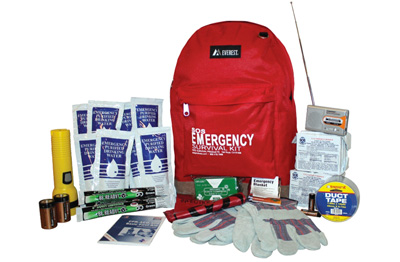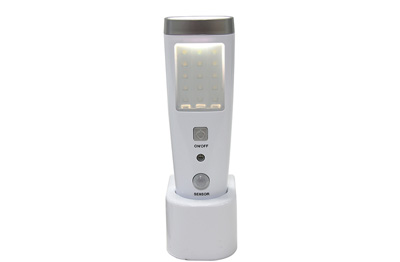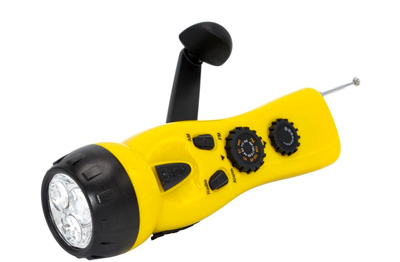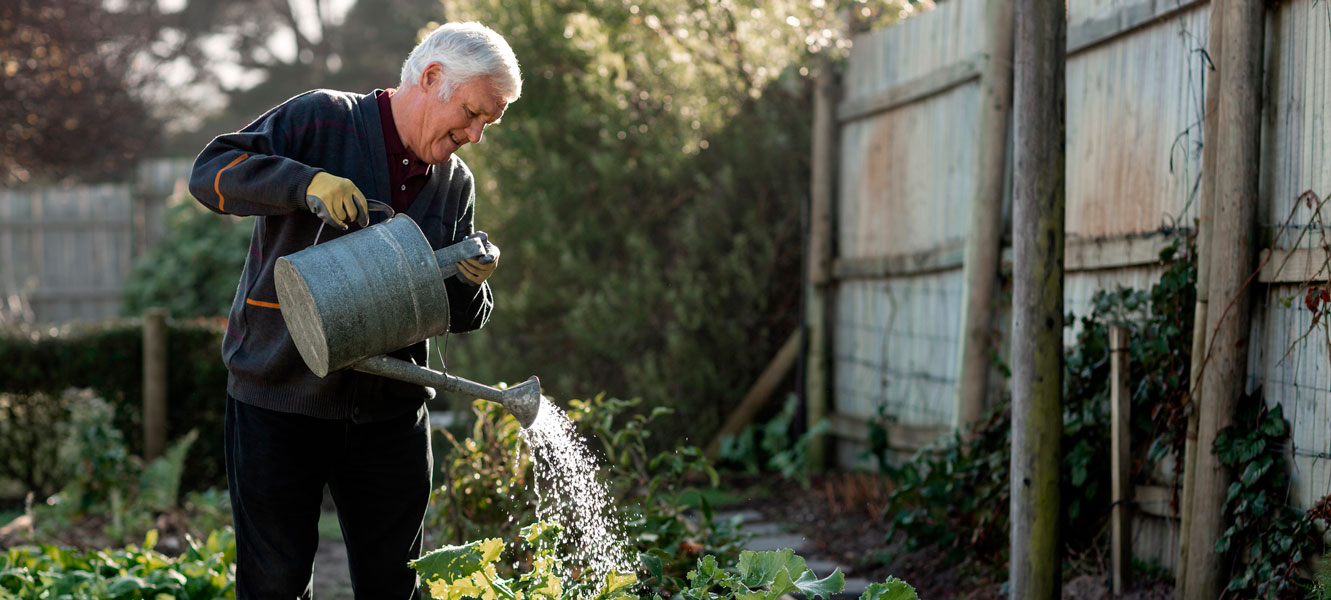
Emergency Preparedness for the ElderlyTuesday, May 18, 2021 No matter who you are, it's important to be prepared for disasters. The likelihood of survival (and being comfortable while surviving) is much higher when you plan and prepare ahead of time. Some individuals, including many older adults, are more vulnerable than others and need to stock up on extra supplies and should take extra time to create an emergency plan with a personal support network. We understand that life gets busy, and it's easy to forget to make a plan, so we've come up with some essential emergency preparedness tips for seniors to help you get started. Identify Your Greatest RisksThink about where you live and what kind of natural disaster is likely to affect you there. If you live in Kansas, there's probably not much need to prepare for a hurricane. The key to efficiently preparing for an emergency is identifying the risks that are greatest in your region. The northeast United States is typically the most in danger from severe winter storms. The south and southeast are most susceptible to hurricanes, the West coast is most likely to experience earthquakes, and the Midwest is known as "Tornado Alley" for a good reason. No matter where you live, there’s also always the potential for fires and a blackout as well as severe weather. Older Americans should also be aware of other weather-related risks like heat. Extreme heat can lead to heat exhaustion, especially in senior citizens. In regions prone to extreme heat waves, power outages can lead to deadly emergency situations. Planning ahead is a key component of a proper emergency response. Create a Support NetworkWhile many older people are in good health, there are others who have limitations. Whether you have hearing or vision problems, use a cane or a wheelchair, or you have other disabilities or special needs, it's vital you not be caught unprepared. An emergency can be especially difficult for vulnerable older adults in social isolation. Emergencies can strike without warning, so it's important you have a network who can help and check up on you. Meet with loved ones, friends, family, and caregivers to discuss your limitations, exchange house keys and important information, and make arrangements for who will check up on you, how, and when. In the event of an evacuation, who will come help? Where will you seek shelter? Make sure everyone knows your plan and can use any lifesaving equipment or administer any medicine you may need, in case you can't do it yourself. It can also be a good idea to choose at least one out-of-town contact, in case everyone in your area is affected or you can't make local calls. Are you or a loved one in assisted living? Talk to administrators to learn what their disaster preparedness protocol is for senior safety. Prepare an Emergency KitAn emergency kit for seniors should not only include basic emergency supplies like food, water, and first aid supplies, but it should also be stocked up with any and all prescriptions, over-the-counter medication, and components (such as batteries) to medical equipment as well as assistive devices. During an emergency, you may not be able to travel to the store or pharmacy, so it's important you already have enough of everything you could need. You also will likely be unable to reach your doctor or caregiver, so talk to them ahead of time about any concerns you have and what else you can do to prepare. Beyond food, water, and medical supplies, your emergency kit should also include a flashlight and extra batteries, pet supplies if you have a pet, and a solar or battery powered radio that you can use if the power is out. Familiarize yourself with your emergency kit and supplies before a disaster strikes, so if you need to find and use something quickly you already know how to do so. Emergency planning can make a huge impact on outcomes, especially for elderly people. Don't wait to plan. To learn more about disaster preparedness for seniors, visit us at SOS Survival Products. |


